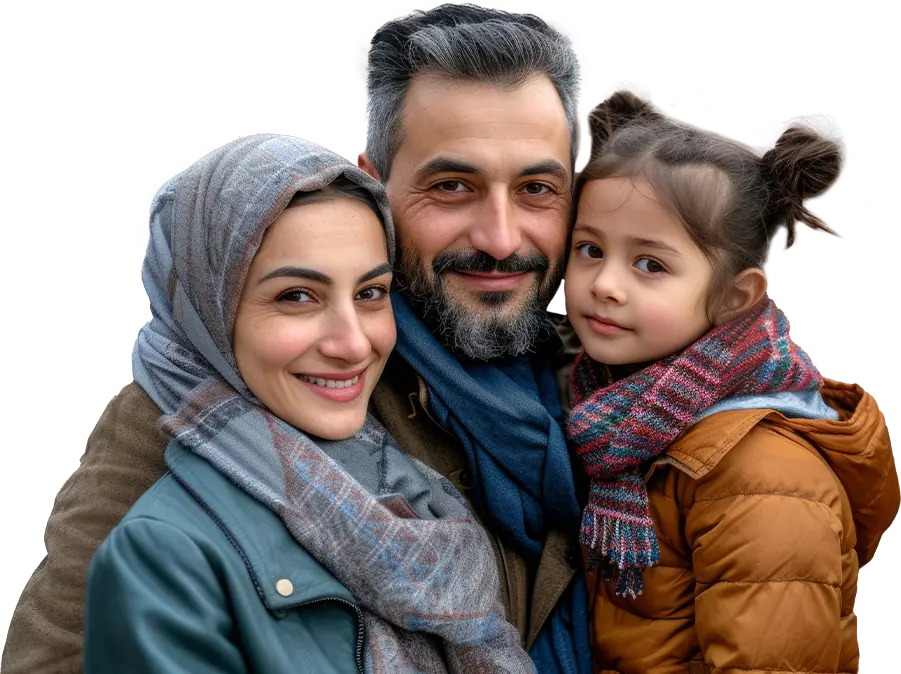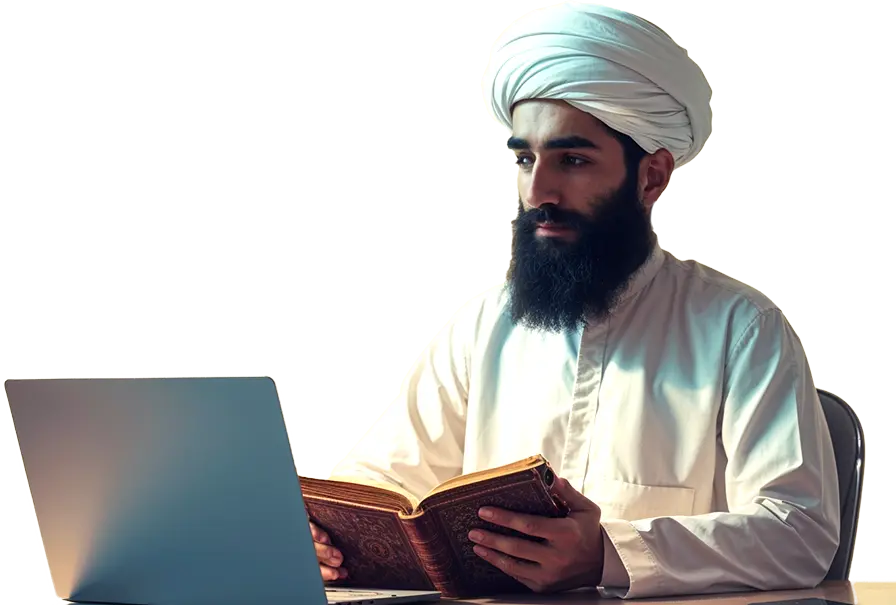The Islamic Law School
ALSI > Question Papers
The Islamic Law School has been established to provide education and awareness on the most important current issues of Islamic law, based on authentic and verifiable sources, in easily accessible digital and other forms, so that the viewer on different social media platforms does not have to wade through a mass of unreliable, unverifiable and inaccurate material in order to arrive at the desired information. The function of a school of law in Islam is to identify the view that is deemed the preferred law from among a variety of views of its learned and revered jurists. This is exactly what the Islamic Law School will do, so that the rulings that are included in the videos will be the preferred law of the Hanafi School, unless it is specifically indicated that the view expressed is another respected opinion within this or another school. If the issue discussed is new, that is, a clear opinion on the issue is not to be found in the earlier law of the Hanafi School, a ruling will be provided in the light of the general principles of Hanafi law, however, this will always be obvious or will be indicated.
As the videos will include the most important current issues, the points raised in each video will almost always provide a foundation, in the form of an implied question, on which further research can be undertaken. Consequently, most videos will serve as a basis for the writing of term papers, theses and dissertations, thus, serving as a reservoir of information for researchers, students, and experts. Although the School will occasionally issue a video on an important individual topic, most of the videos have been classified into different categories of Islamic law. Each category will ultimately be designed in the form of a short course that will enable the viewer to acquire comprehensive information about a specific area of Islamic law in about one hour of viewing. For example, the topic of zakat provides complete information about the subject that can be viewed in a period of less than one hour.
The major goal of the Islamic Law School is the imparting of education in a modern form in the area of Islamic law, however, another objective is the dissemination of knowledge about Islamic law. It is expected that the general viewer, who has some interest in Islamic law, will find the information provided to be highly useful, as it impacts his daily life as well as his conduct. For those who are not particularly interested in studying Islamic law, the information provided, it is hoped, will serve as an indication of the importance and significance of this law and of its bright future.
The Rules of Zakat
The law of zakat, though not as complex as modern taxation law, has its complexities. It will be difficult to understand it if a knowledge of traditional Islamic law is not accompanied by some knowledge of modern commercial law as well as a rudimentary sense of accounting principles and income statements. A person equipped with such knowledge, when he approaches the topic of zakat, will realize that the subject tends to be a bit technical. The present course and its accompanying videos have been designed in such a way that the most import points and issues stand out for the viewer. It is to be hoped that the method followed will not only facilitate understanding of a somewhat technical subject-matter, but will also promote and encourage some viewers to undertake further research on the issues highlighted and described.


Islamic Jurisprudence
Islamic jurisprudence is a term used for the discipline of usool ul-fiqh, which is considered to be the queen of the Islamic sciences. The reason is that it not only teaches us to derive the laws from the sources of this law, but is also lays down methods for the interpretation of the non-legal content in the Quraan as well as the Sunnah. In addition to this, it describes for us the entire structure of Islamic law as well as the system of rights it is based on. In the present video course, we will not be able to cover all these vital areas, but will focus on some very important aspects, which will help the viewer develop an insight into the nature of this discipline. The course will also lay down the foundation for pursuing further studies in this area and possibly indicate topics for research.
Islamic Commercial Law
Islamic commercial law includes the fundamental principles of theory of contracts, sale of goods, negotiable instruments and commercial documents, as well as the law of business organization. The most important rules that are necessary for acquiring a basic understanding of this law will be discussed in this playlist. The discussion will also focus on important issues like the prohibition of riba or interest as well as matters concerning money and its creation. The issues and points discussed will usually be related to Islamic banking as it is practiced today. There are a large number of rulings and standards that have been issued by institutions like the Islamic Fiqh Academy and the AAOIFI in this area of the law. Some of these rulings and standards may be taken up for analysis whenever a need is felt to discuss them.


Family Law
Learn how to deal with family matters and domestic relationships, spousal rights, maintenance obligations, guardianship rules, and prohibited marriages according to Hanafi jurists and Islamic law.
History & Future of Islamic Law
The future of Islamic law must be predicted in the light of the study of its glorious past. In this playlist, some attention will be devoted to the founders of the great schools and to the schools themselves. It will be highlighted why schools were necessary in the past and why it is essential to follow them today. As the environment in many modern Muslim states is not very suitable for the growth of Islamic law, it will be our endeavor to suggest how the growth of this law can be kept alive so that it can make a substantial contribution to human civilization today as it has done in the past.


Human Rights and Islamic Law
The topic of Islamic law and human rights is of great interest today for scholars as well as interested viewers. There are many texts available on the subject and it may be felt that there is no need to create videos to muddle up issues. Nevertheless, the videos here will be unique in the sense that they will show how the discussion of human rights is deeply embedded within the discipline of usool al-fiqh. The relationship of this discipline will be linked to the discussion of the foundations of human rights as well as to different categories and classes of rights. The effort made in the creation of these videos, it is to be hoped, will lead some to undertake deeper research.
Constitution of Pakistan and Islamic Law
The Constitution of Pakistan is Islamic. There is, therefore, a dire need to study some of its provisions from the perspective of Islamic law. The description and analysis here will focus on some vital principles as a detailed analysis of such a complex and extensive documents is not possible through videos. The purpose will be to invite attention to some important issues that need further clarification by the Courts or the Parliament. In the process of such presentation, it is to be hoped that some vital principles of Islamic constitutional law and politics will be highlighted.


Miscellaneous & Current Issues
The different categories identified so far for the discussion of Islamic law will cover substantial ground, however, there will always be certain topics that will need to be discussed outside the identified categories. This is especially true in issues related to criminal law, procedural law, law of evidence, international law and so on. A topic that is important for present day discussion, but is related to one of these left out areas, will be accommodated under this head. Topics to be included may sometimes be those that are not directly related to Islamic law, or to areas like worship that are not considered law today. In short any important material that does not fit in under the identified categories will be included under this playlist.
